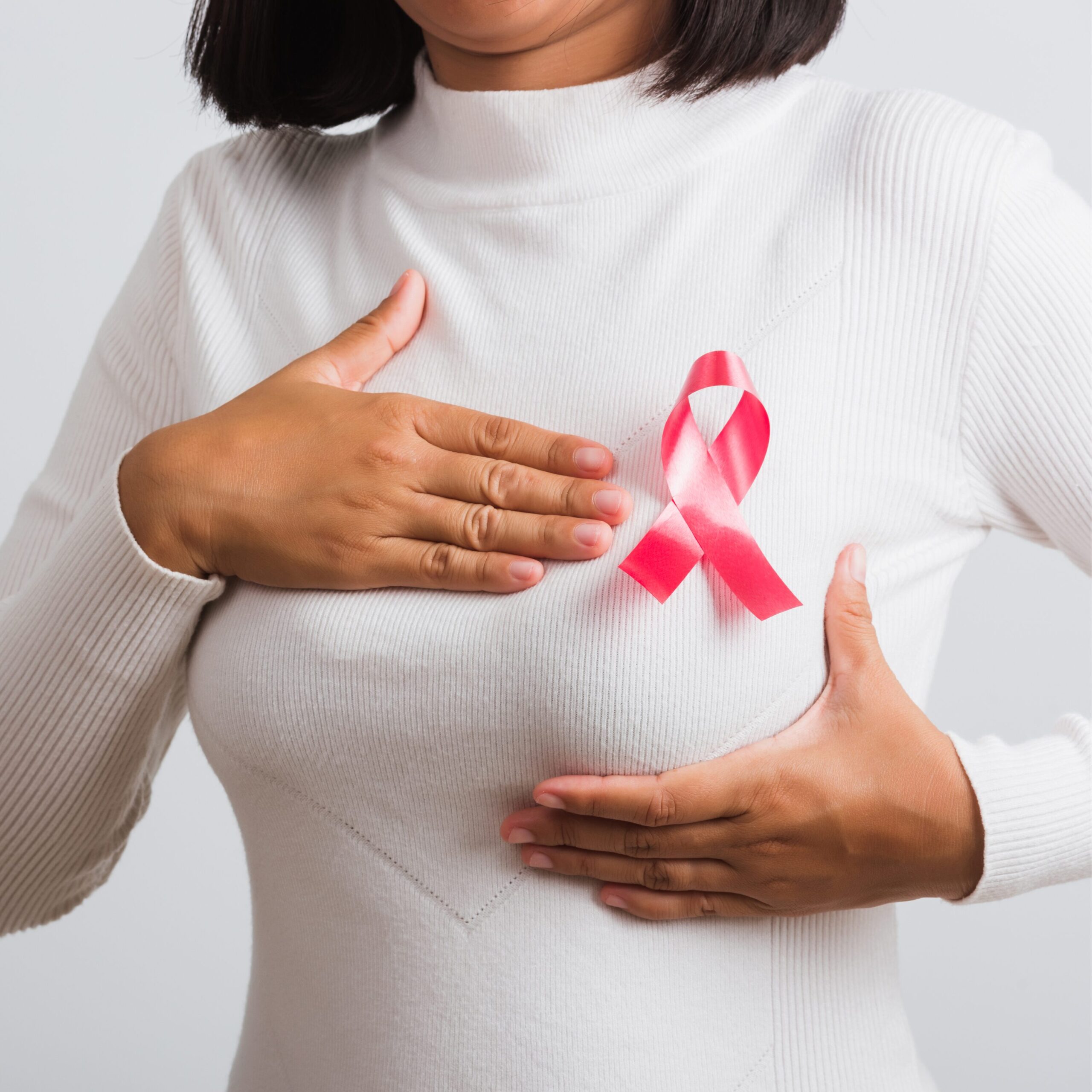It is possible to have a long and whole life after mastectomy. Though it can take a while to adjust to the change, scars, and body shape, as time goes by, the changes become less noticeable, and you get used to them, even if it is on the entire breast.
The first few months are filled with grief, fear, shock, and anger. To adjust, you can talk to people with similar surgeries and experiences, join support groups, and keep in touch with loved ones. Everyone’s emotions after breast cancer surgery are unique and valid. Understanding and addressing these emotions is crucial for your overall well-being and recovery.
Psychological Distress and Depression
Dealing with a breast cancer diagnosis and undergoing surgery can trigger feelings of anxiety, sadness, and uncertainty. Therapists and Counselors can help navigate these negative emotions.
Fear of Recurrence
The fear of cancer coming back is a common concern among breast cancer survivors. Talking openly with your healthcare team and loved ones about your fears can help alleviate anxiety and provide reassurance.
Body Image and Self-Esteem
After breast surgery, you may experience changes in your body that impact your self-esteem. Exploring ways to feel comfortable and confident in your new body, such as prosthetics or reconstructive surgery, can help improve body image and self-esteem.
Sex for Women After Mastectomy
In a study, it was found that breast cancer survivors with partners have sex difficulties. Your sex life can experience setbacks while you are undergoing treatment and adapting to changes in your body. It would not be easy to get second opinions from others regarding this. There could be pain around your breasts or intimate body parts, including chest muscles. Some women say that things that were enjoyable during sex before are now painful, causing a lack of desire and increased difficulty reaching orgasm. Adjusting is a process that may require open communication with your partner and healthcare providers.
How You Will Look After Breast Cancer Surgery
It can be hard to accept your new looks if you are unhappy with them. You can take the first look alone or in the presence of a loved one for added comfort. You might notice more obscure wounds that will leave little scars when they heal. It’s natural to have concerns about your appearance following breast cancer surgery. Connecting with individuals who have undergone similar surgeries and discussing your feelings with close friends and family can offer valuable support and perspective.
Talking to People Who Have Had Similar Surgery
Seeking guidance and support from individuals who have gone through similar experiences can provide insights, tips, and emotional support as you navigate life after breast cancer surgery. It is easier to discover the needed recovery items, diet to get on, and exercises you can do.
Talking to People Close to You
Let close friends and partners know if you are uncomfortable or having problems with your body so they can support you. Having open and honest conversations with loved ones about your journey can help them understand your needs during the recovery process.
Physical Changes and Challenges
Breast cancer surgery can lead to physical changes and challenges like post-mastectomy pain syndrome, lymphedema, chest and shoulder mobility issues, and fluid buildup.
Post-Mastectomy Pain Syndrome
This is a chronic nerve pain that happens after a mastectomy. The results are pain, tingling, numbness, itching in painful areas, and a shoulder or surgical scar. Working with pain management specialists and physical therapists can help alleviate symptoms and improve your quality of life. Post-mastectomy pain syndrome is prevalent in women who have had lumpectomies (breast conserving surgery). To manage post-mastectomy pain syndrome, drugs like Gabapentin and Venlafaxine are used to treat pain and hot flashes. Mastectomy pillows and gel packs can help with pain during daily activities. Physical therapy also helps to improve arm movements.
Chest and Shoulder Mobility
Maintaining flexibility and strength in your chest and shoulders is essential for restoring range of motion and preventing stiffness post-surgery. Engaging in gentle exercises and stretches recommended by your healthcare team can promote healing and enhance mobility.
The buildup of Blood and Fluid
A seroma is a common post-surgical complication characterized by a buildup of blood or fluid in the surgical site. Symptoms include a swollen lump, soreness, fever, pain, and fast heart rate. Following proper wound care instructions and undergoing necessary drainage procedures can help prevent infections and promote healing.
Breast Reconstruction Options
Breast reconstruction surgery is a personal decision that can help restore your confidence and sense of normalcy post-surgery. Understanding the different options, such as implants and expanders and autologous tissue reconstruction, can empower you to make informed choices about reconstruction.
Implants and Expanders
Breast implants, breast forms (breast prosthesis), and expanders are synthetic devices used to reconstruct the breast mound following mastectomy. You can insert a tissue expander after the first 4 to 6 months after treatment. You can also do it years after the mastectomy, depending on the condition of the site.
Autologous Tissue Reconstruction
Autologous tissue reconstruction involves using your body’s tissue, such as skin, fat, or muscle, to reconstruct the breast. This piece of tissue used is called the flap.
Complications and Concerns
While breast reconstruction can offer transformative results, it’s essential to be aware of potential complications and concerns that may arise during the breast cancer experience. Complications of breast reconstruction can include infections, implant rupture, capsular contracture, and changes in breast sensation. Regular follow-ups with your healthcare team and prompt intervention can help address and manage these issues effectively.
Emotional and Psychological Complications
Managing the emotional and psychological aspects of breast cancer surgery and reconstruction is essential for holistic recovery. Some emotional struggles include feeling less feminine, seeking therapy, feeling depressed, practicing self-care, post-traumatic stress disorder, and connecting with support groups, which can help you cope with stress, anxiety, and other emotional challenges you may face.



